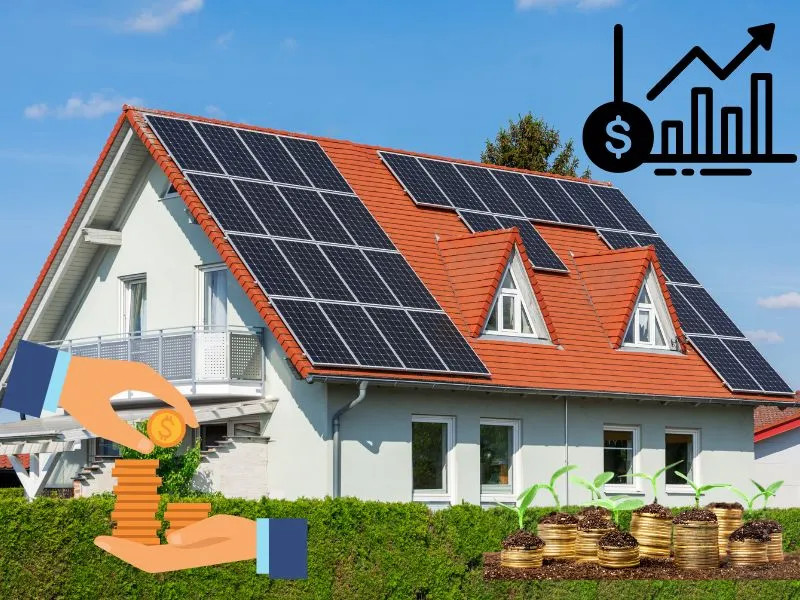Table of Contents
ToggleIntroduction:
Understanding the cost of residential solar installations is crucial for homeowners considering transitioning to solar energy. In this blog post, we’ll explore the various factors that influence the cost of solar systems, the financial incentives available, and whether investing in residential solar is a worthwhile endeavor.
Factors Influencing the Cost of Residential Solar:
Several factors contribute to the cost of a residential solar system, including the size, type, and quality of solar panels, installation complexity, additional components like inverters and batteries, and property location and accessibility. These factors impact the overall expense of going solar and should be considered when evaluating the investment.
Financial Incentives and Rebates:
Financial incentives and rebates play a significant role in making residential solar more affordable. One notable incentive is the federal solar Investment Tax Credit (ITC), which provides a substantial reduction in federal income taxes based on the cost of the solar system. Additionally, many states offer their own incentives, such as rebates, tax credits, and grants. Exploring these financial incentives can help homeowners offset the upfront costs and make the investment more financially viable.
Long-Term Savings and Return on Investment (ROI):
While the initial cost may seem substantial, it’s essential to consider the long-term savings and return on investment. Residential solar systems can generate significant energy savings over their 25-year lifespan or more. By reducing or even eliminating monthly electricity bills, homeowners can enjoy substantial savings over time. Calculating the potential return on investment based on local electricity rates and energy usage can help homeowners determine the financial feasibility of going solar.
Environmental Benefits and Sustainability:
In addition to financial considerations, residential solar offers significant environmental benefits. By harnessing clean, renewable energy from the sun, homeowners reduce their reliance on fossil fuels and contribute to a greener future. Solar energy systems produce zero greenhouse gas emissions during operation, helping to combat climate change and promote sustainability.
Increasing Home Value:
Installing a solar system can also increase the value of a home. Solar-equipped homes are becoming increasingly desirable in the real estate market due to their potential for long-term energy savings and environmental benefits. Studies have shown that solar installations can have a positive impact on home resale value, making it a smart investment for homeowners looking to enhance their property’s worth.
Conclusion:
While the upfront cost of a residential solar system may seem significant, considering the long-term savings, financial incentives, and environmental benefits, investing in solar energy can be a wise decision. By carefully evaluating the factors that influence the cost and exploring available incentives, homeowners can determine whether the investment in residential solar aligns with their financial goals and values. With the potential for significant long-term savings, increased home value, and a positive impact on the environment, residential solar proves to be a worthwhile investment for homeowners.
Disclaimer: The information provided in this blog post is for general informational purposes only and should not be considered professional advice. Consult with a qualified solar installer or financial advisor to assess your specific situation and determine the financial viability of investing in residential solar. The author and publisher are not responsible for any actions taken based on the information provided.


